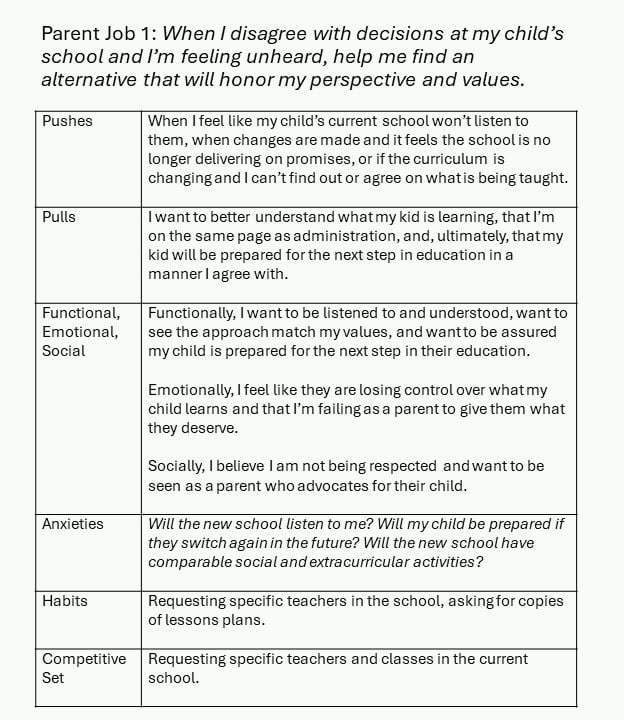Microschool Governance Simplified
Starting a school from scratch seems like a daunting task. Even a microschool that's serving a small student body still needs to choose curriculum,...

In one of the more oft-quoted lines in constitutional law, the Supreme Court said in 1969 that neither a teacher nor a student “shed their constitutional rights to freedom of speech or expression at the schoolhouse gate.” Thus, in the decades since we’ve had Supreme Court decisions on whether a student can hold a poster proclaiming “bong hits for Jesus” or whether a school can discipline the snap-chatting cheerleader. Though the line was originally written for free speech, the principle applies to other constitutional rights as well, from free exercise of religion to Fourth Amendment search-and-seizure.
In a private school setting, however construed or constructed, constitutional rights do not apply. Nor do many other rules specific to public bodies, like the right to inspect public records, or the right to attend open meetings of the school board. In a private school, the rights of a student, parent, or even teacher are primarily based in the handbook. If a student handbook says the school can search a student’s locker without parental permission, then that is the rule, even if the Fourth Amendment might require otherwise in a public school. If the employee handbook says that teachers do not enjoy a right of academic freedom and are expected to adhere closely to the curriculum, then that is the rule, even if the First Amendment might say otherwise. If the parent handbook does not provide a right to attend or speak at meetings of the school’s board of directors, then that is the rule, even if a state open meetings law would provide otherwise for a public school district’s board of education. These are all choices you as a microschool make, but then once made, they become the basis for the contract for services between you and your tuition-paying families.
Thus, it is wise for a handbook to cover more than just the basics of when the school day begins, where to find the weekly lunch menu on the website, and who to call if your child needs a sick day. To the greatest extent possible, your handbook is an opportunity to define your relationship to parents before you have an angry mom or dad in your office. So, for instance, if you assign a child a “major” violation for playground misbehavior, it is more helpful to be able to point to a specific page in the handbook that defines a “major” as “aggressive physical touch, such as punching or shoving” rather than a poster in the hallway that says, “We respect ourselves and one another.”
Especially on the topics most likely to lead to parents demanding an explanation, like discipline, access to student records, student health, human growth and development, etc., the more you can put in the handbook ahead of time, the more you have to work with when questions arise. “It’s just our policy” is a frustrating answer in many circumstances, and you always need to balance policy with the reality of needing tuition-paying parents to stick with the school, but it is better to have a policy you can bend then to be in a gray zone with no firm foundation to start from when disagreements arise.

Starting a school from scratch seems like a daunting task. Even a microschool that's serving a small student body still needs to choose curriculum,...
.jpg)
Some microschools start organically: a few families coming together in an informal parent-run pod, where at most perhaps a teacher-facilitator is...

A new report by longtime innovative schooling enthusiast Thomas Arnett of the Clayton Christensen Institute offers an analysis of extensive...